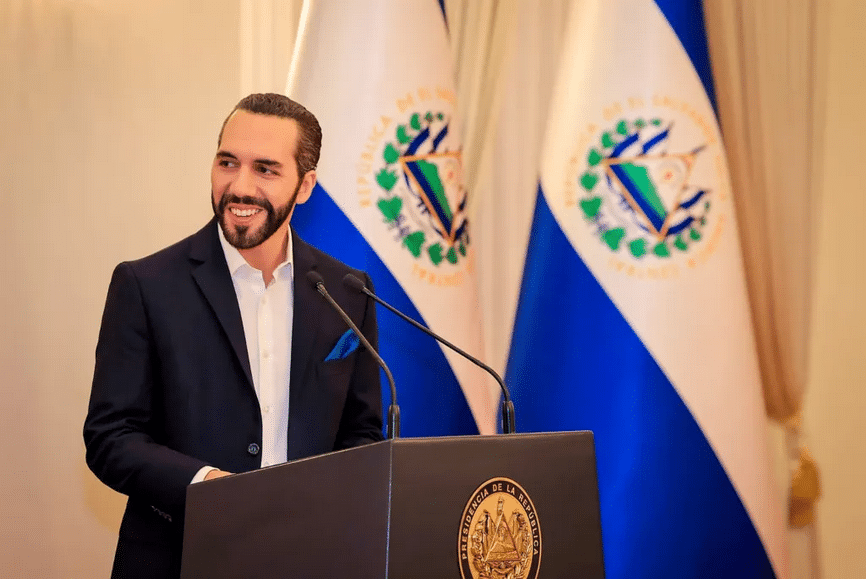
Votes are being counted in El Salvador following Sunday’s closed polls, with the anticipation of a smooth victory for President Nayib Bukele securing a second term. This comes against the backdrop of a remarkable decrease in the country’s once alarmingly high levels of violence.
At 42 years old, Bukele encountered minimal organized opposition and boasts one of the highest favorability ratings in the region. Independent surveys consistently show his popularity soaring above 70%.
His supporters trumpet a crackdown on criminal gangs in the country that resulted in a dramatic fall in the murder rate, once the highest in the world.
Yet, the widespread arrests, contributing to El Salvador having the highest incarceration rate globally, have sparked criticism from human rights organizations. They accuse Bukele’s government of detaining innocent individuals and subjecting prisoners to degrading conditions, including allegations of torture.
The contrast has turned the election in this small Central American state into a wider vote on how much voters are willing to trade fundamental freedoms for a sense of peace and security.
Results are anticipated to be disclosed later on Sunday evening. In his pre-closure remarks on Sunday, Bukele justified the crackdown, likening the mass arrests to chemotherapy eradicating the “cancer of the gangs.”
He asserted, “El Salvador had a cancer with metastasis because it was in all parts of the country, in every zone,” claiming that gangs controlled 85% of the territory. “El Salvador had metastasis, but we conducted surgery, chemotherapy – we are doing radiotherapy, and we are going to end up healthy, without the cancer of the gangs.”
Acknowledging police errors, he maintained that El Salvador’s judicial system had released thousands wrongfully detained. A decisive victory for Bukele would likely grant him more latitude to implement his assertive vision for El Salvador. Not shying away from autocratic comparisons, Bukele’s government has expressed intentions to “eliminate” democracy in the country.
Bukele’s eligibility for a second term exemplifies this effort, as El Salvador’s constitution initially prohibited presidential re-election. In 2021, the country’s Congress replaced top judges on the Supreme Court with a new class willing to grant him such power.
The “Bukele method” is closely observed in the region, influencing Latin American security policies. Honduras and Ecuador’s presidents have adopted similar mass arrest strategies to counter escalating gang violence.
A 2023 Latinobarometro poll revealed that in at least 13 Latin American countries, a majority of the population wouldn’t mind an undemocratic government if it effectively addressed problems.

Somebody essentially lend a hand to make significantly posts I might state. That is the very first time I frequented your web page and up to now? I surprised with the research you made to create this particular put up amazing. Excellent job!